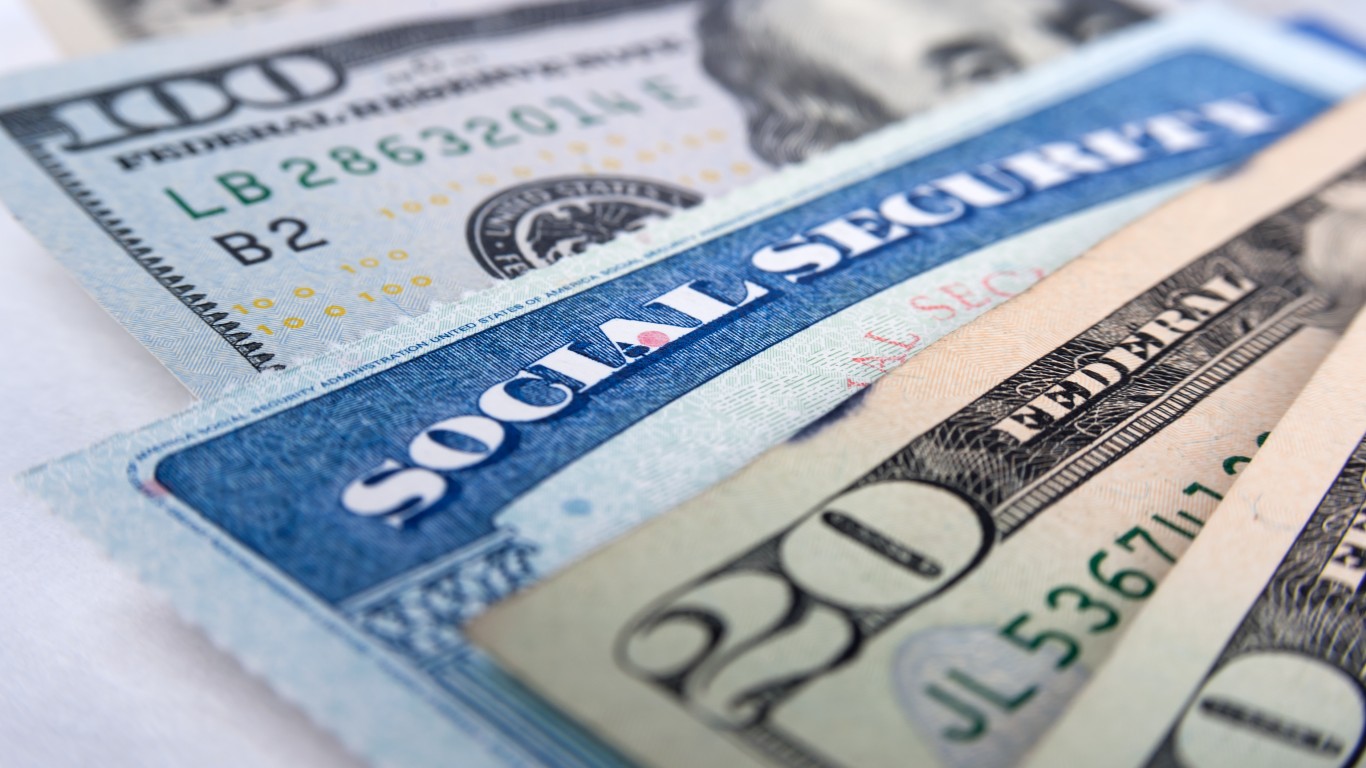

Almost 70 million Americans receive payments from programs operated by the Social Security Administration. For years, there have been worries that the fund would run out of money. Those fears were heightened recently by comments from the trustees of the Social Security and Medicare trust funds, who reported that the Old-Age and Survivors Insurance (OASI) Trust Fund “will be able to pay scheduled benefits on a timely basis until 2034.” For Americans in their eighties and nineties, this may not be bad news. For younger Americans, it clearly is.
[in-text-ad]
There are no ready solutions to the problem. The AARP recently asked, “How Long Will Social Security Be Around?”
The effect of the problem is that people who retire after 2034 may not have access to the sums to which they are currently entitled. For many, this will come after they have paid tens of thousands of dollars into the fund over the course of their work lives.
The effects on the economy in the 2030s and beyond could be devastating. Consumer spending is about three-quarters of gross domestic product. This likely will not change much a decade from now. For some older Americans, income may drop to what they can afford for housing and transportation, if that. Discretionary income for millions of these retirees could be little to nothing.
It is rare that economists speculate about the economy beyond a few years into the future. However, a number have concentrated on the effects of an aging population. The baby boomers began to hit retirement age a few years ago. Low birth rates in the United States mean that the number of people who pay into Social Security funds has dwindled and will continue to do so.
Thank you for reading! Have some feedback for us?
Contact the 24/7 Wall St. editorial team.
 24/7 Wall St.
24/7 Wall St.


